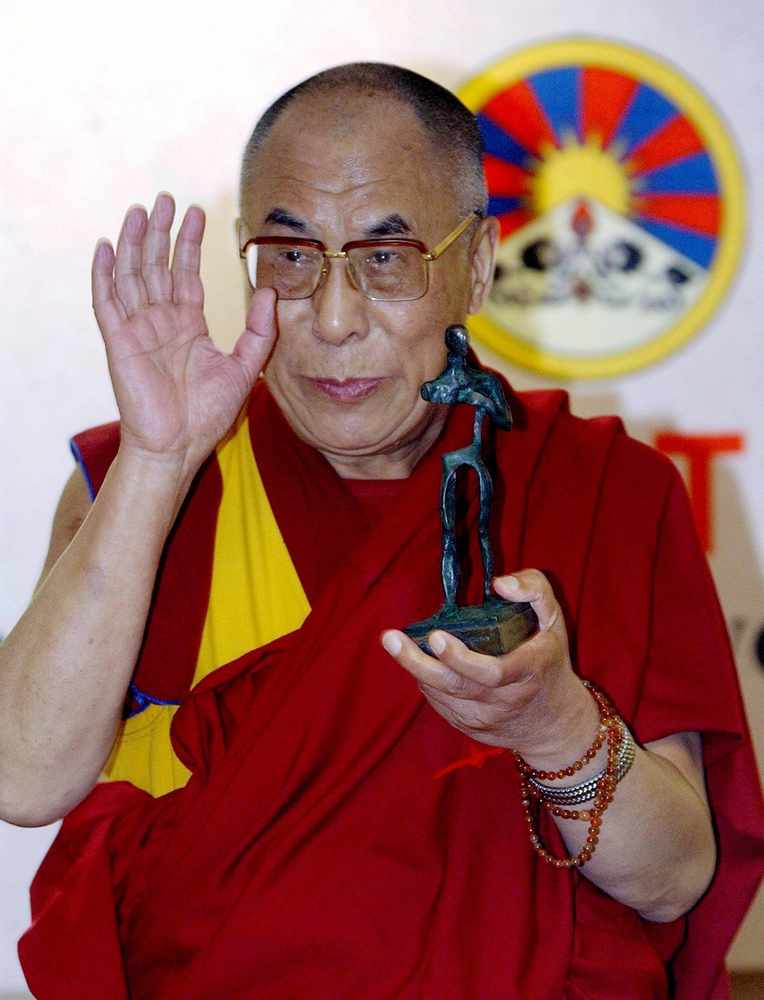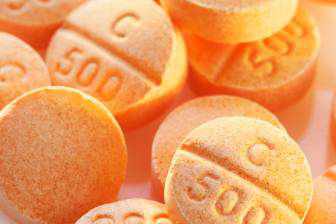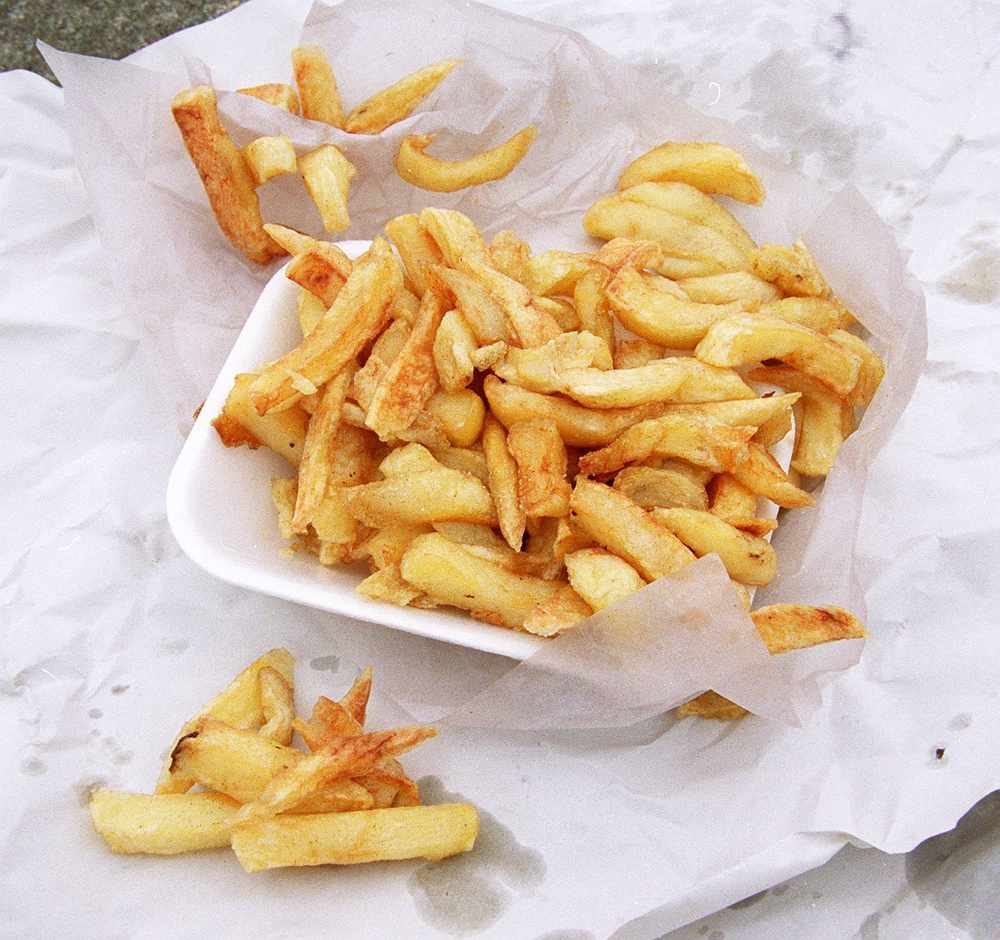But with gallstones, which are thought to affect one in six people, with famous sufferers including the likes of Eric Clapton and the Dalai Lama, it’s not quite that simple.
Eating healthily, keeping your weight down, exercising regularly and not smoking are indeed vital tenets for avoiding the sometimes excruciating condition, but some lifestyle factors which may seem healthy, like low-fat diets and losing weight quickly, plus not drinking alcohol, can actually make gallstones more likely.
One of the most common medical and surgical conditions, it is believed that gallstones occur as a result of chemical imbalances in bile stored in the gallbladder. This leads to tiny crystals developing, which can grow into gallstones, ranging from many as small as grains of sand to one the size of a pebble.

The stones can cause extreme pain. However, only one in five people with gallstones experiences this agony, as the rest don’t even know they’ve got them, although they sometimes find out during routine screenings.
Dr Sarah Brewer, whose book Overcoming Gallstones has recently been published, points out that 70 per cent of gallstones are made from cholesterol, and a diet high in saturated fat and pre-formed cholesterol increases the amount of the substance being pumped by the liver into bile, making it more likely that gallstones will form.
However, she warns that the opposite is also true. A diet which is unusually low in fat can promote gallstones, as the gallbladder mainly contracts in response to dietary fats, so it empties less frequently if a low-fat diet is followed, or if dieters eat less regularly than normal. Bile can pool in the gallbladder, giving gallstones more chance to form.
A study of 90,000 nurses found that losing 4kg to 10kg over a two-year period increased the risk of gallstones by 44 per cent, and those who lost more than 10kg were almost twice as likely to develop them. Avoiding gallstones may even be aided by a moderate intake of alcohol.
Dr Brewer said: ‘Alcohol acts as a solvent, helping to stop the components of gallstones precipitating out of the solution in stored bile. This is probably the main way in which a moderate intake of alcohol reduces gallstone formation – but please don’t use this as an excuse to increase your intake!
‘And you may think you’re doing good by losing weight, cutting back on fats and being strict on your diet, but your gallbladder can become under-active, the bile in it sludges and you are more likely to develop stones.
‘Other than that, it’s the usual message: eat lots of fruit and vegetables, lots of high-fibre food, lots of nuts.’
Those who get the symptoms will often suffer with biliary colic, from gallstones causing gallbladder and bile duct spasms. The pain usually begins suddenly across the upper abdomen, often after a fatty meal, and may spread to the upper back. Some people feel sick or vomit.
If the gallstone is too big to pass further into the bile duct, it may settle back into the gallbladder, but symptoms can recur.
While cholesterol levels in the gallbladder is a factor, one in five gallstones is made of bilirubin, a waste product produced when red blood cells are broken down.
And some risk factors are unavoidable. The chance of developing the condition also increases with age, females are more prone to them than men (because of the effects of the female hormones oestrogen and progesterone), certain medical conditions like cystic fibrosis or sickle cell disease can also play a part, and a family history of gallstones may lead to an increased risk.
Also, despite the links with losing weight too quickly and low-fat eating, traditionally ‘unhealthy’ lifestyle factors play a part, too, and gallstones can be linked to things like obesity, poor diet, smoking and a lack of exercise, which may cause ‘silent gallstones’ to form with no symptoms, although that’s not to say they won’t cause symptoms in the future.
Where lifestyle factors are a probable cause of gallstones, the good news is that there’s lots you can do to help. Dr Brewer said that plant sterols, fibre and vitamin C can all helpto prevent the condition, and a diet rich in mono-unsaturated fats from foods like olive, Macadamia nut and avocado oils can also be beneficial, as can omega-3 poly-unsaturated fats like those found in flaxseed, walnut and fish oils.

‘If you eat the right food and take the right supplements and avoid things that are going to make gallstones worse, you can live with them quite happily – and many people do, without even knowing they’ve got them,’ said Dr Brewer.
Generally, there are three options for gallstones: conservative care, whereby patients manage symptoms through nutritional and lifestyle changes; medication such as painkillers and antispasmodic drugs or sometimes drugs to dissolve the stones or reduce their size; or surgery to remove the gallbladder.
The latter is one of the most common operations performed by the NHS, and there are 60,000 gallbladder removals every year in the UK.
‘Generally, people prefer to avoid surgery if they can,’ said Dr Brewer, ‘but the ideal is not to have an episode in the first place – by maintaining a healthy diet and lifestyle.’

Cliff Le Clercq, life therapist and hypnotist
How are you today? Feeling fit and strong. I have been lucky and I guess being a health professional I have been more mindful about healthcare than most, within reason.
Do you have any medical conditions? Only seasonal allergies such as hay fever and a little high blood pressure.
Have you ever broken a bone? Nose, twice, and my pinky finger.
Any other surgery? Tonsillectomy in childhood.
What do you do to keep fit? Walk and yoga. Also I think positively and have a positive mental outlook. I also drink plenty of water and meditate often.
What’s your diet like? 70% veggie. I like Mediterranean and Asian food – and chips. I really like chips!

What can you not resist, much as you try? Coffee and doughnuts.
How do you treat a cold? Treated, they last about a week. Untreated, about seven days.
Are you a pessimist or an optimist? An optimist. I have read a lot of the thinkers – Viktor Frankl, M Scott Peck and others – and know the power of the mind is everything.
Do you sleep well? Very well indeed, when the chance arises.
What do you do to escape? Walk at the beach, talk with stimulating friends, read and surf, longboard and body surf. But only in summertime now.
Do you have any phobias? Well, as a therapist and hypnotist, I treat phobias and so I know what causes them and how to fix them. I suppose if I have one it would be corporacy.
Do you smoke? No, but I used to and I have sympathy for those who do. I’ve helped hundreds of people to stop and stay stopped.
What do you do that you know is bad for you? Work too hard – and have an interest in politics.
What do you think of alternative remedies? Many are first class, the large pharma companies just want to make money so a natural approach is worth a try. The body will heal most things itself, however.
How long would you like to live? For ever!






